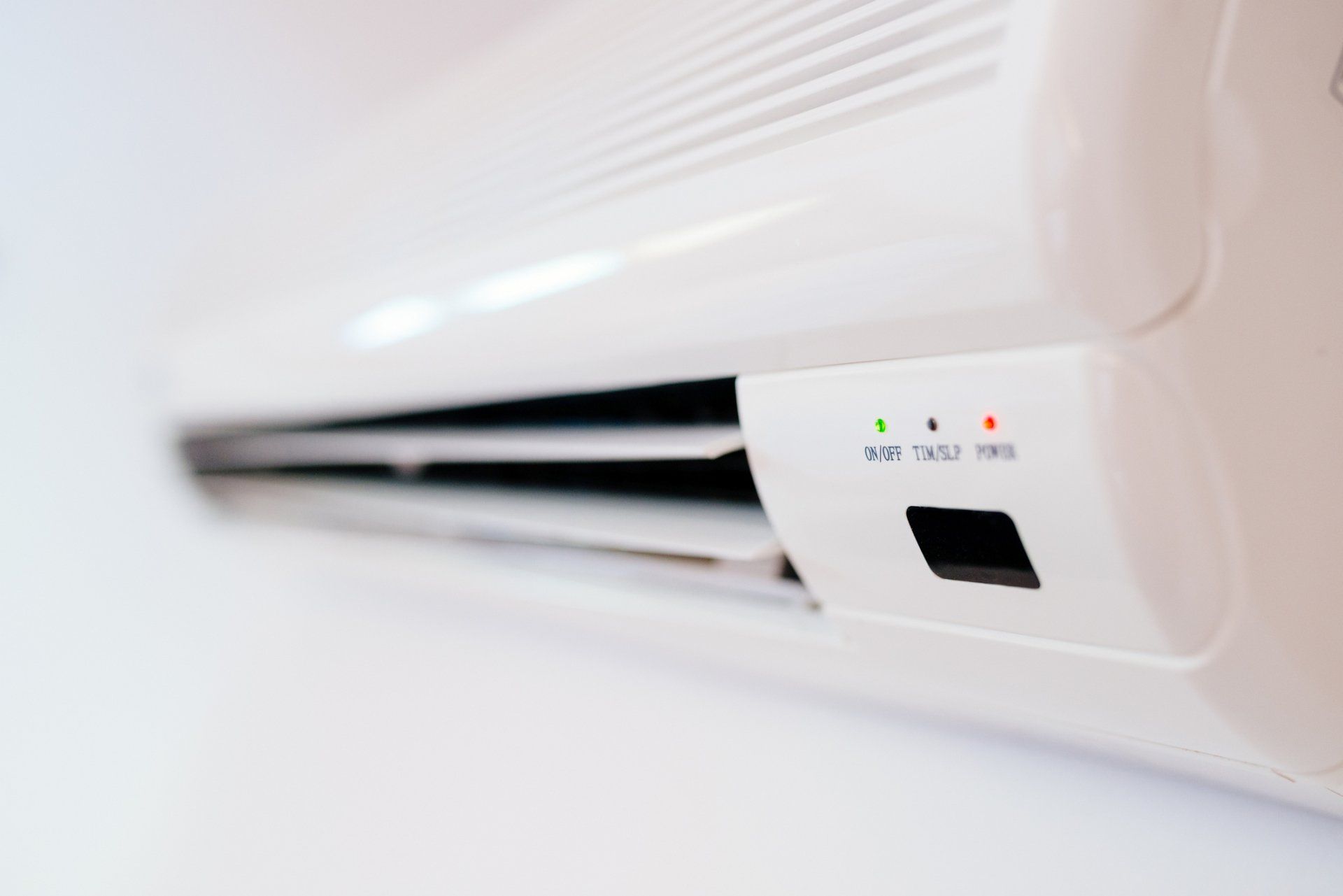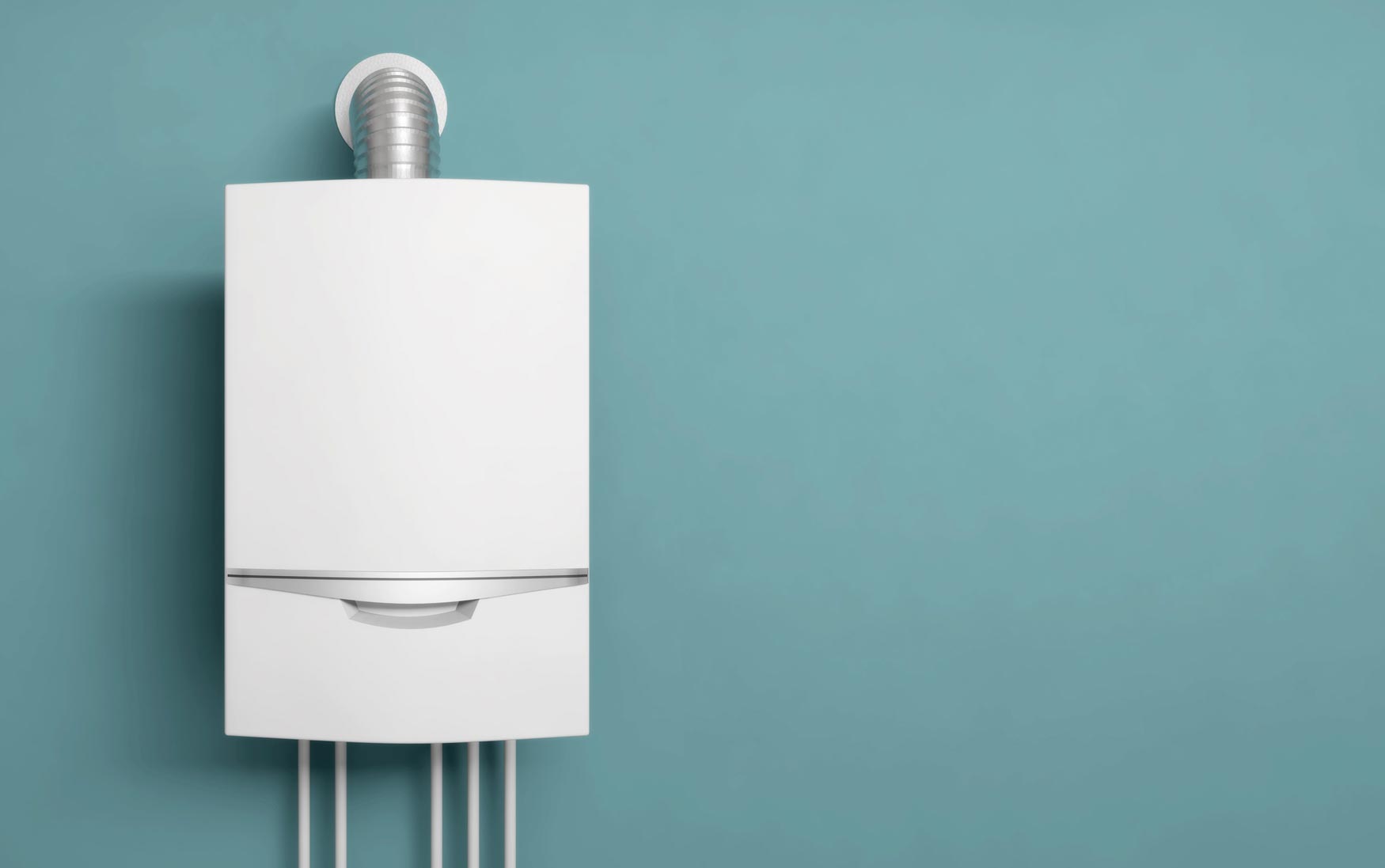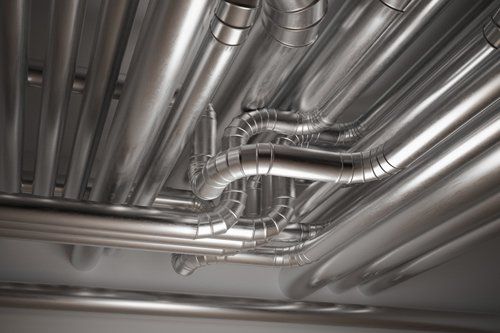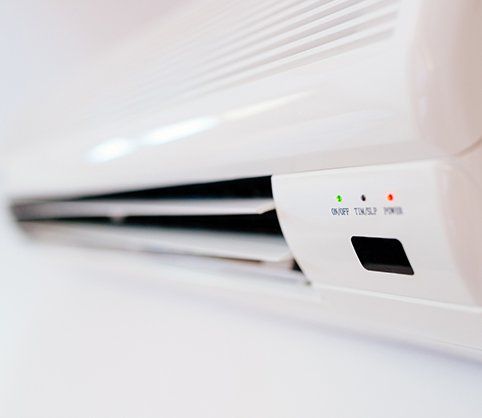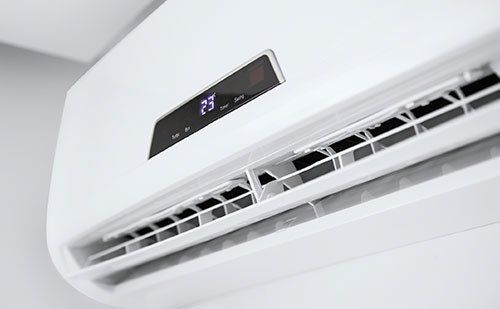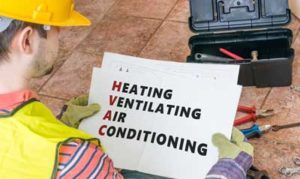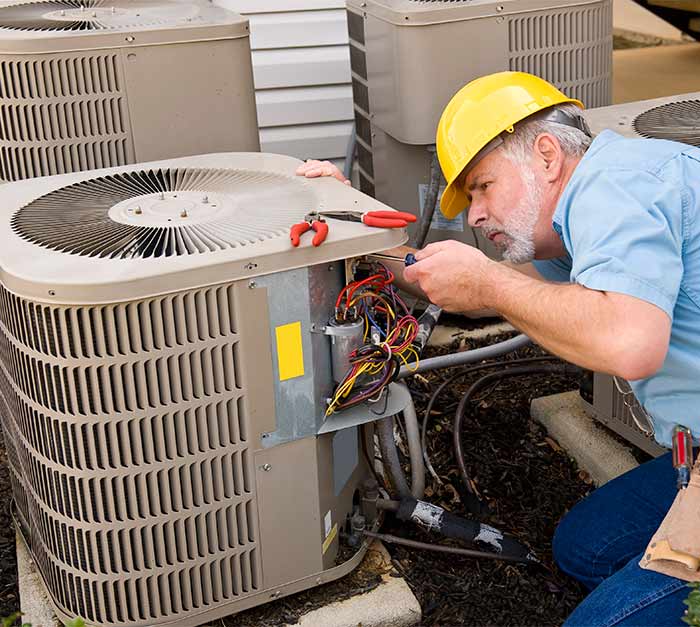
An air conditioner derives its cooling power from the refrigerant that flows through the system. Once this refrigerant has sucked up heat inside of your evaporator coil, it then flows back to the outdoor condensing unit in order to be refreshed for the next round. In order to move smoothly through the system, the refrigerant must remain adequately pressurized.
The job of increasing refrigerant pressure falls on the component known as the compressor, which can be found inside of the condensing unit. Most residential air conditioning systems utilize one of two types of compressor: reciprocating and rotary vane. This article takes a closer look at these two types, as well as the specific advantages posed by each one.
Reciprocating Compressors
Reciprocating compressors bear a striking resemblance to automotive engines, with the main difference being that most residential air conditioning compressors only contain a single cylinder. As the cylinder's piston draws back, it creates a temporary vacuum inside of the cylinder.
This vacuum draws gaseous refrigerant into the compression chamber through a one-way inlet valve. In other words, as the pressure inside the cylinder decreases, the pressure of the refrigerant on the other side of the valve becomes relatively stronger until it eventually forces its way into the cylinder.
The piston then begins the compression phase, during which it reverses course and pushes the refrigerant down into as tight as possible a configuration. This increases both the pressure and the temperature of the gaseous refrigerant. At the end of the compression phase, the discharge valve opens and the refrigerant rushes out of the compressor and on into the condenser coil.
Reciprocating compressors are the workhorses of the air conditioning world. They can handle heavy work loads and run continuously for long spans without problem. Just like a car's engine, however, a reciprocating compressor requires adequate lubrication in order to prevent damaged caused by high temperatures and/or friction.
Reciprocating compressors can also be vulnerable to problems in the case of liquid slugging. Slugging involves liquid refrigerant getting into the compressor. Under normal circumstances, this should never happen. When it does, it tends to wreak havoc on the compressor. Because liquids cannot be compressed, the pressure generated inside the cylinder often leads to serious damage.
Finally, be aware that reciprocating compressors don't have the best energy efficiency. The motors used to power the compressor tend to consume a lot of energy. Likewise, inefficiency may stem from refrigerant leakage around the piston. The inherent resistance of the suction and discharge valves can also reduce overall efficiency.
Rotary Vane Compressors
A rotary vane compressor increases refrigerant pressure in a much different manner. Here, the compressor sits inside of a cylindrical case, with inlet and discharge openings on two different sides. Inside the casing resides a rotor with flat vanes projecting outward from its core. Refrigerant entering the compressor flows into the empty spaces between vanes.
The rotor sits in an eccentric orientation inside of the casing. In other words, the rotor does not sit in the exact center of the cylinder. Instead, it skews toward one side. This orientation causes the volume between rotor blades to decrease as the rotor rotates. The decreasing volume causes a corresponding increase in refrigerant pressure.
Rotary vane compressors boast higher efficiency levels than reciprocating compressors. As a result, they tend to reduce the overall operating costs of the system. Rotary vane compressors also have a smaller size footprint, meaning they allow for more compact condensing units. Finally, rotary vane compressors don't generate as much noise or vibration during operation.
Of course, rotary vane compressors have certain drawbacks. For systems larger than 5 tons, a rotary vane compressor simply may not be able to generate adequate pressure. The greater number of components in a rotary vane compressor also makes it more vulnerable to damage over time.
No clear winner exists between these two types of compressors. Rather, you must select the type most appropriate for your particular needs. For more information about making this decision, contact Columbia's HVAC pros at Robert L. Shealy Heating & Air Conditioning.
The job of increasing refrigerant pressure falls on the component known as the compressor, which can be found inside of the condensing unit. Most residential air conditioning systems utilize one of two types of compressor: reciprocating and rotary vane. This article takes a closer look at these two types, as well as the specific advantages posed by each one.
Reciprocating Compressors
Reciprocating compressors bear a striking resemblance to automotive engines, with the main difference being that most residential air conditioning compressors only contain a single cylinder. As the cylinder's piston draws back, it creates a temporary vacuum inside of the cylinder.
This vacuum draws gaseous refrigerant into the compression chamber through a one-way inlet valve. In other words, as the pressure inside the cylinder decreases, the pressure of the refrigerant on the other side of the valve becomes relatively stronger until it eventually forces its way into the cylinder.
The piston then begins the compression phase, during which it reverses course and pushes the refrigerant down into as tight as possible a configuration. This increases both the pressure and the temperature of the gaseous refrigerant. At the end of the compression phase, the discharge valve opens and the refrigerant rushes out of the compressor and on into the condenser coil.
Reciprocating compressors are the workhorses of the air conditioning world. They can handle heavy work loads and run continuously for long spans without problem. Just like a car's engine, however, a reciprocating compressor requires adequate lubrication in order to prevent damaged caused by high temperatures and/or friction.
Reciprocating compressors can also be vulnerable to problems in the case of liquid slugging. Slugging involves liquid refrigerant getting into the compressor. Under normal circumstances, this should never happen. When it does, it tends to wreak havoc on the compressor. Because liquids cannot be compressed, the pressure generated inside the cylinder often leads to serious damage.
Finally, be aware that reciprocating compressors don't have the best energy efficiency. The motors used to power the compressor tend to consume a lot of energy. Likewise, inefficiency may stem from refrigerant leakage around the piston. The inherent resistance of the suction and discharge valves can also reduce overall efficiency.
Rotary Vane Compressors
A rotary vane compressor increases refrigerant pressure in a much different manner. Here, the compressor sits inside of a cylindrical case, with inlet and discharge openings on two different sides. Inside the casing resides a rotor with flat vanes projecting outward from its core. Refrigerant entering the compressor flows into the empty spaces between vanes.
The rotor sits in an eccentric orientation inside of the casing. In other words, the rotor does not sit in the exact center of the cylinder. Instead, it skews toward one side. This orientation causes the volume between rotor blades to decrease as the rotor rotates. The decreasing volume causes a corresponding increase in refrigerant pressure.
Rotary vane compressors boast higher efficiency levels than reciprocating compressors. As a result, they tend to reduce the overall operating costs of the system. Rotary vane compressors also have a smaller size footprint, meaning they allow for more compact condensing units. Finally, rotary vane compressors don't generate as much noise or vibration during operation.
Of course, rotary vane compressors have certain drawbacks. For systems larger than 5 tons, a rotary vane compressor simply may not be able to generate adequate pressure. The greater number of components in a rotary vane compressor also makes it more vulnerable to damage over time.
No clear winner exists between these two types of compressors. Rather, you must select the type most appropriate for your particular needs. For more information about making this decision, contact Columbia's HVAC pros at Robert L. Shealy Heating & Air Conditioning.
